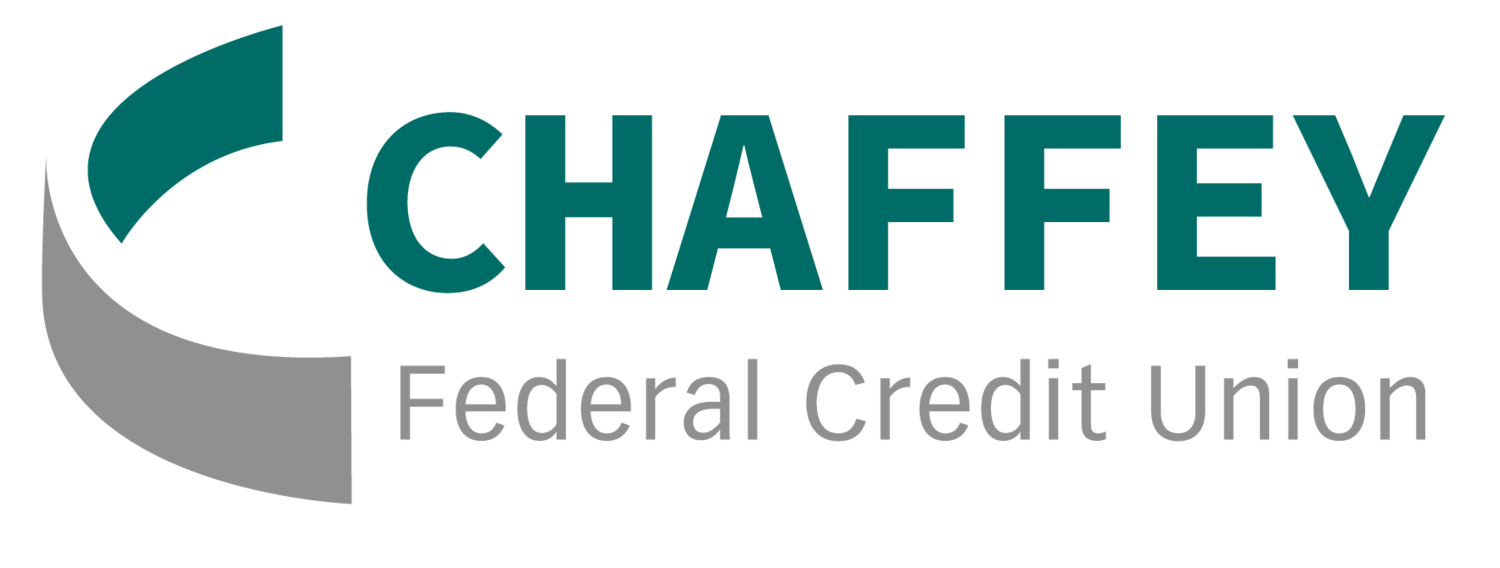Financial Fitness: How Healthy Are Your Accounts?
Just as we get checkups for our physical health, we need financial checkups too. How do you know if you are financially fit, doing just okay or need to call in the professionals?
Ask yourself the following questions to get the pulse on your financial health:
✓ SPENDING: Do you spend less than you earn?
If you struggle to keep up with bill payments or run out of money before your next paycheck, you are spending too much.
Financial Fitness Tip: Create a budget to see where your money goes and help control spending. Use a spreadsheet to write down all your income (job, pension, etc.) and all your bills (mortgage, phone, subscription, etc.). Keep track of other costs (restaurants, gas, coffee runs, etc.) to see where you can cut back.
✓ SAVING: Do you have an emergency fund?
You need a stash of cash available to help in case of an unforeseen event, such as a job loss or vehicle repairs.
Financial Fitness Tip: Ideally, you should have at least three months’ worth of living expenses in an emergency fund. Consider sticking your emergency money in a sub-savings account.
✓ BORROWING: Do you use credit responsibly?
If you miss payments or max out your credit cards, it’s time to fix your credit.
Financial Fitness Tip: First, request your credit report at freecreditreport.com or through your Chaffey Plus Checking account. Check it for any errors or fraudulent charges. Then, start improving your credit by making on-time payments of at least the minimum amount due and by keeping your balance below 30% of your total credit limit.
✓ RETIREMENT: Do you save for retirement?
The general retirement rule is to put away at least 10-15% of your annual income.
Financial Fitness Tip: If you don’t know where to start, a Roth IRA is a great option. Open this account at your credit union and deposit up to $6,000 (under age 50) or $7,000 (over age 50) per year. Once you hit age 59½, you can start withdrawing earnings tax-free and penalty-free.



